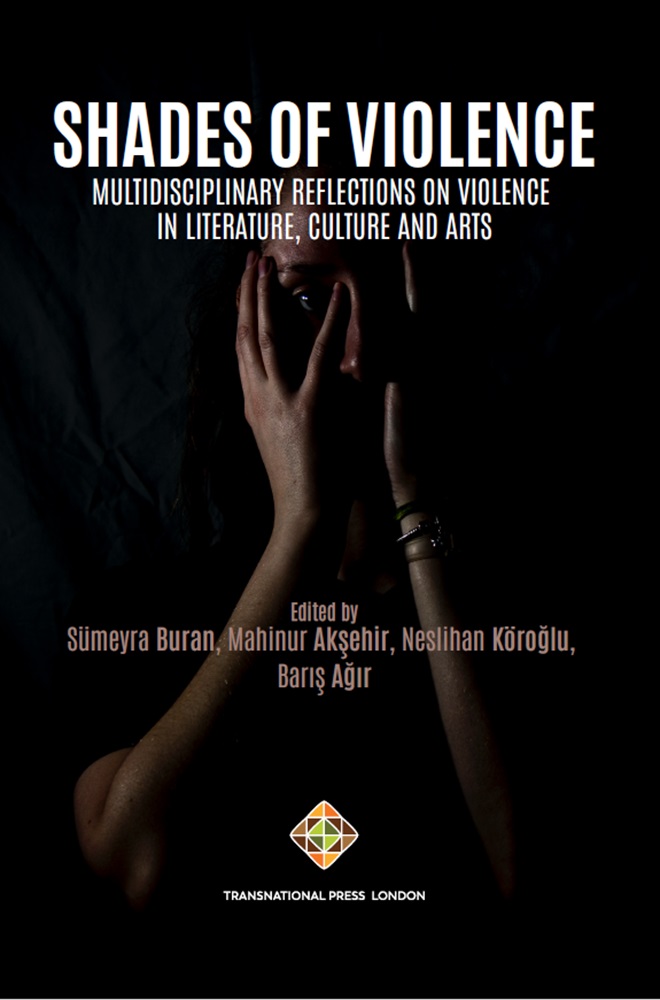Suffering Nature, Suffering Humans: After London As A Portrayal of Anthropocentric Violence
Suffering Nature, Suffering Humans: After London As A Portrayal of Anthropocentric Violence
Author(s): Kübra Baysal
Subject(s): Studies in violence and power, British Literature
Published by: Transnational Press London
Keywords: Suffering Nature; Suffering Humans; London; Portrayal; Anthropocentric Violence;
Summary/Abstract: As a novel pioneering the disaster novel genre, and Anthropocene fiction, Richard Jefferies’s After London, or Wild England (1885) delineates a desolate London, hit along with the rest of the world, by a mysterious catastrophe, swallowed by a lake and poisoned with human-induced industrial chemicals. In the dystopian feudal society, anthropogenic environmental conditions force humans into tyranny, violence, and greed for land, and disrespect towards the lives of humans and nonhuman animals. The novel sets up a gloomy and parlous atmosphere reflecting a demolished London and deranged human beings in a post-apocalyptic order through Jefferies’s perspective and keen observation of the degradation of nature and human beings in the nineteenth century. In this respect, the negative depiction of society and nature in After London has the potential to leave a wake-up call effect on the twenty-first-century reader to develop awareness about slowing down the effects of the Anthropocene in its third phase. With this perspective, this chapter aims to analyse the novel by delving into the three-phase structure of the Anthropocene as an epoch and the Anthropocene theory itself, which generates constructive green discourse for the sustainability of the Earth and natural resources as based on the evidence signalling the rise of the epoch since the Industrial Revolution.
Book: Shades of Violence: Multidisciplinary Reflections on Violence in Literature, Culture and Arts
- Page Range: 145-159
- Page Count: 15
- Publication Year: 2023
- Language: English
- Content File-PDF

